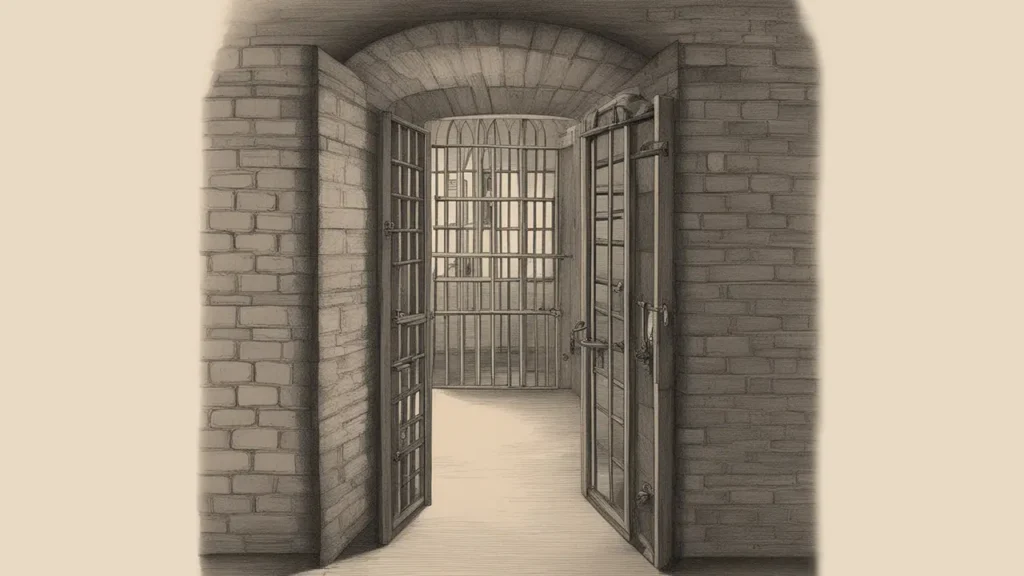It is said that in the Principality of Monaco, judges condemned an offender to the guillotine, even though they didn’t have a guillotine nor an executioner. They ordered both (a guillotine and an executioner) from France, but as the rent was very expensive, they decided to leave the offender in jail and not to kill him.
They soon realized that it was costing them a lot of money to keep the only prisoner they had in jail because they had to hire someone to cook his food and the prison guards to take care of him 24 hours a day, 7 days a week. So, they decided to release him.
The prisoner left the jail and went for a walk around the city, but at noon he returned to get his food. He started doing that every day. After a week they told him that he was free and that they were not going to give him any more food. He told them: if you want me to stop coming to get the food I have the right to receive as a prisoner, than you must pay me. They decided to pay him, but with the expenses they had while he was in prison, plus what they paid him now, they ended up spending more than what it would have cost to rent the guillotine.
This story is related to “precipitation” which is the lack of one of the steps of prudence: deliberative research or consideration. This happens when we act without being careful of things that we should consider before acting.
St. Thomas Aquinas says: “while the steps that intervene by which one ought to descend in orderly fashion are ‘memory’ of the past, ‘intelligence’ of the present, ‘shrewdness’ in considering the future outcome, ‘reasoning’ which compares one thing with another, ‘docility’ in accepting the opinions of others.” (S.Th., II-II, 53, 3).
The one who really wants to be prudent with his actions should descend by these steps before acting. The one who does not do that, will act with precipitation and thus his action will be imprudent. Therefore, in order to be prudent, we must descend from the universal (moral principle) to the particular (the particular action he will perform) following the steps mentioned above.
It is not enough to perform a prudent action to perfectly know all the moral principles. We must also know if the concrete action I will perform and its consequences are all good. That is to say, it is not enough to simply have good intentions in order to do good, but I must carefully consider the whole reality of my action, including its consequences. Prudence encompasses all these aspects.





